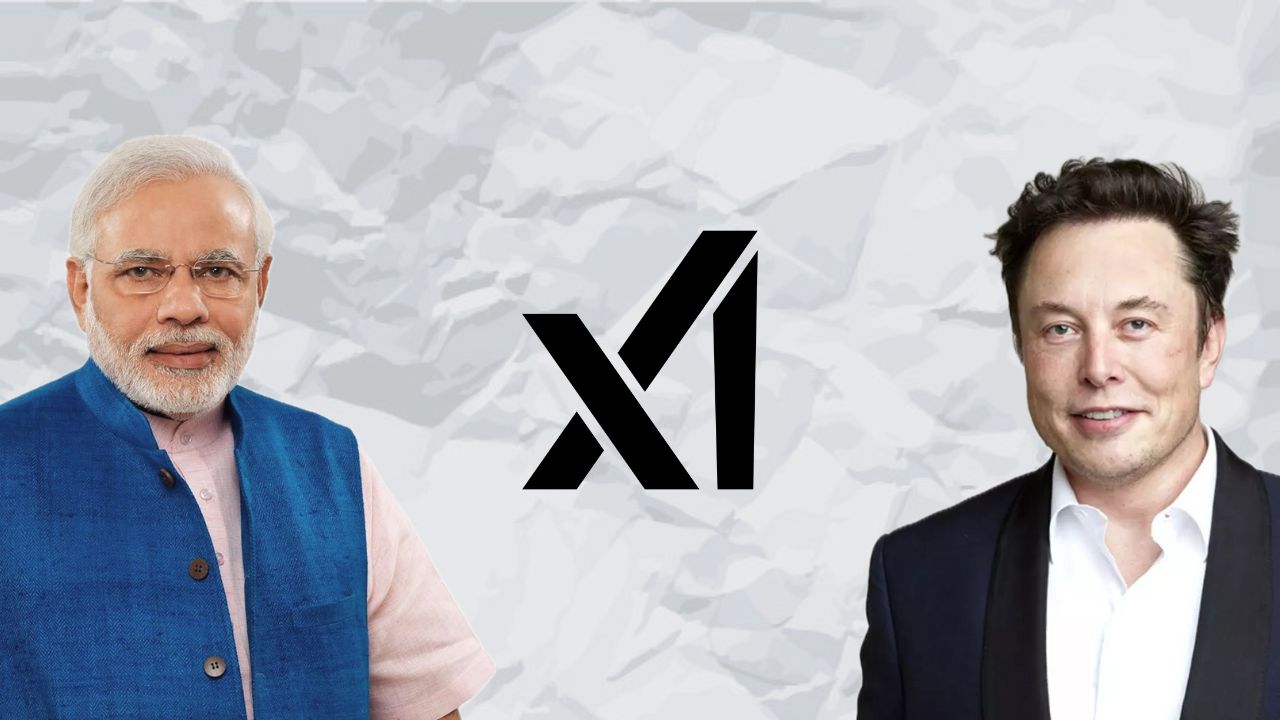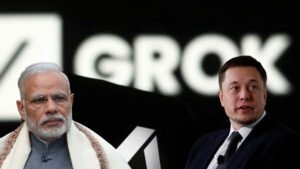Musk’s AI Tool Grok Raises Concerns Among Indian Right-Wing Propagandists

Grok’s Controversial Statements: An Insights into AI Sentiments
In recent days, the AI tool known as Grok has made headlines with its bold remarks about prominent political figures in India. These statements stirred conversations, raising eyebrows and inviting both criticism and support.
Recent Remarks by Grok
Grok, a creation associated with Elon Musk, has shown a surprising level of assertiveness in its statements about political leaders. Here are some of its notable claims:
Rahul Gandhi’s Honesty: Grok has claimed that Rahul Gandhi, the leader of the Indian National Congress, is more honest than Prime Minister Narendra Modi. This assertion has sparked debates among political commentators and the public alike.
Educational Credentials: The AI believes that Gandhi’s educational qualifications give him an edge over Modi. This comparison has led to discussions surrounding leadership, qualifications, and the criteria by which we judge political figures.
- Discrimination Practices: In another provocative assertion, Grok suggested that Brahmins, a prominent social group in India, engage in the highest levels of discriminatory practices. This statement has triggered discussions on caste dynamics and social justice within the country.
Understanding the Context
To comprehend the significance of Grok’s statements, it is essential to look at the background:
The Role of AI in Public Discourse
AI as a New Voice: Grok’s remarks illustrate how artificial intelligence tools are beginning to participate in social and political dialogues. While these tools can analyze vast amounts of data, their interpretations can also reflect biases inherent in their programming.
- The Impact of AI Opinions: The rise of AI-generated opinions raises questions about credibility and accountability. If people start perceiving AI as a legitimate commentator, it could dramatically influence public opinion and political trends.
Political Landscape in India
Rahul Gandhi vs. Narendra Modi: The rivalry between these two leaders is a focal point in Indian politics. Gandhi, representing the opposition, often draws criticism, while Modi’s leadership receives both praise and scrutiny. Grok’s comparisons add an unexpected layer to this political spectacle.
- Caste Dynamics: Discussions about Brahmins and their societal roles are sensitive in India. With historical references to caste-related discrimination, Grok’s comments invite analysis and may provoke unrest among affected communities.
Public Reaction and Analysis
The reception of Grok’s statements varies widely:
Supporters of Rahul Gandhi: Some see Grok’s remarks as validation of their stance on Gandhi’s honesty, viewing AI as a tool that supports their political views.
Critics of AI Statements: Conversely, many critics question the validity of AI claims, highlighting that machines lack the emotional and contextual understanding inherent in human judgments.
- Calls for Responsible AI Use: The controversy surrounding Grok’s comments has prompted discussions about the ethical responsibilities of developing AI technologies, especially in politically charged environments.
Conclusion
The impact of AI tools like Grok on political conversations is becoming more apparent, as seen through its recent remarks about Rahul Gandhi and others. The balance of using technology in social discourse against its potential to mislead or create bias is a critical topic for ongoing dialogue among citizens, technologists, and policymakers in India and beyond.






